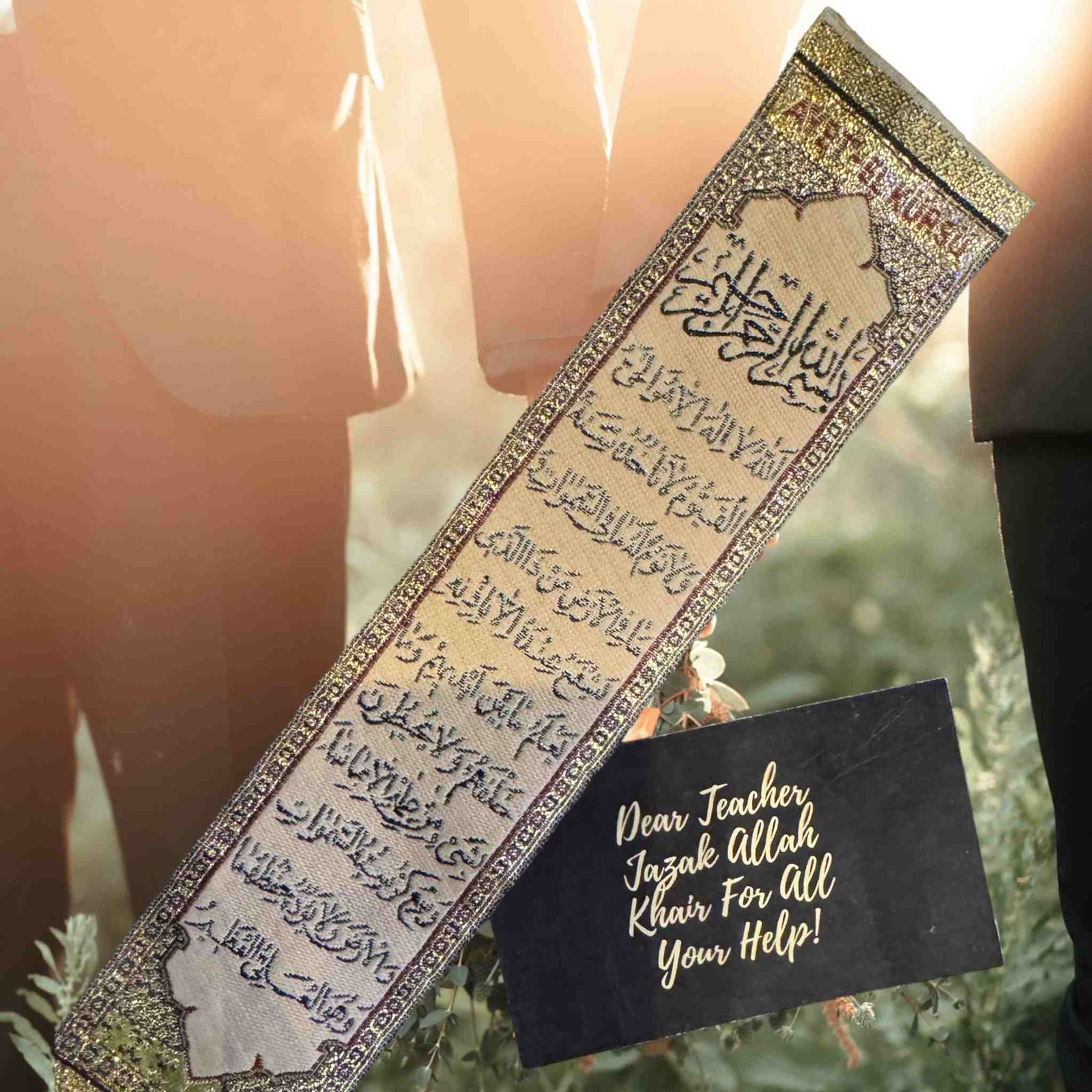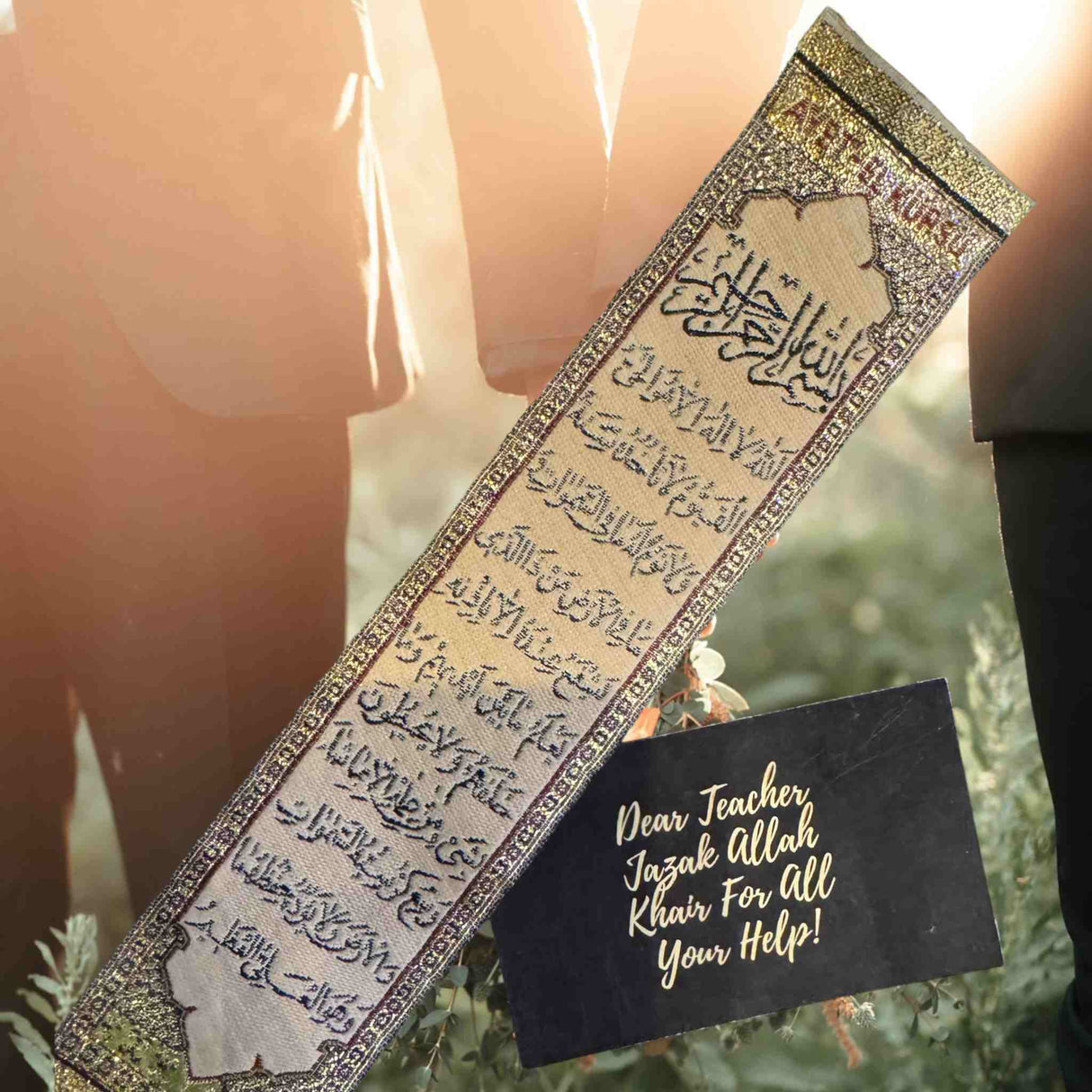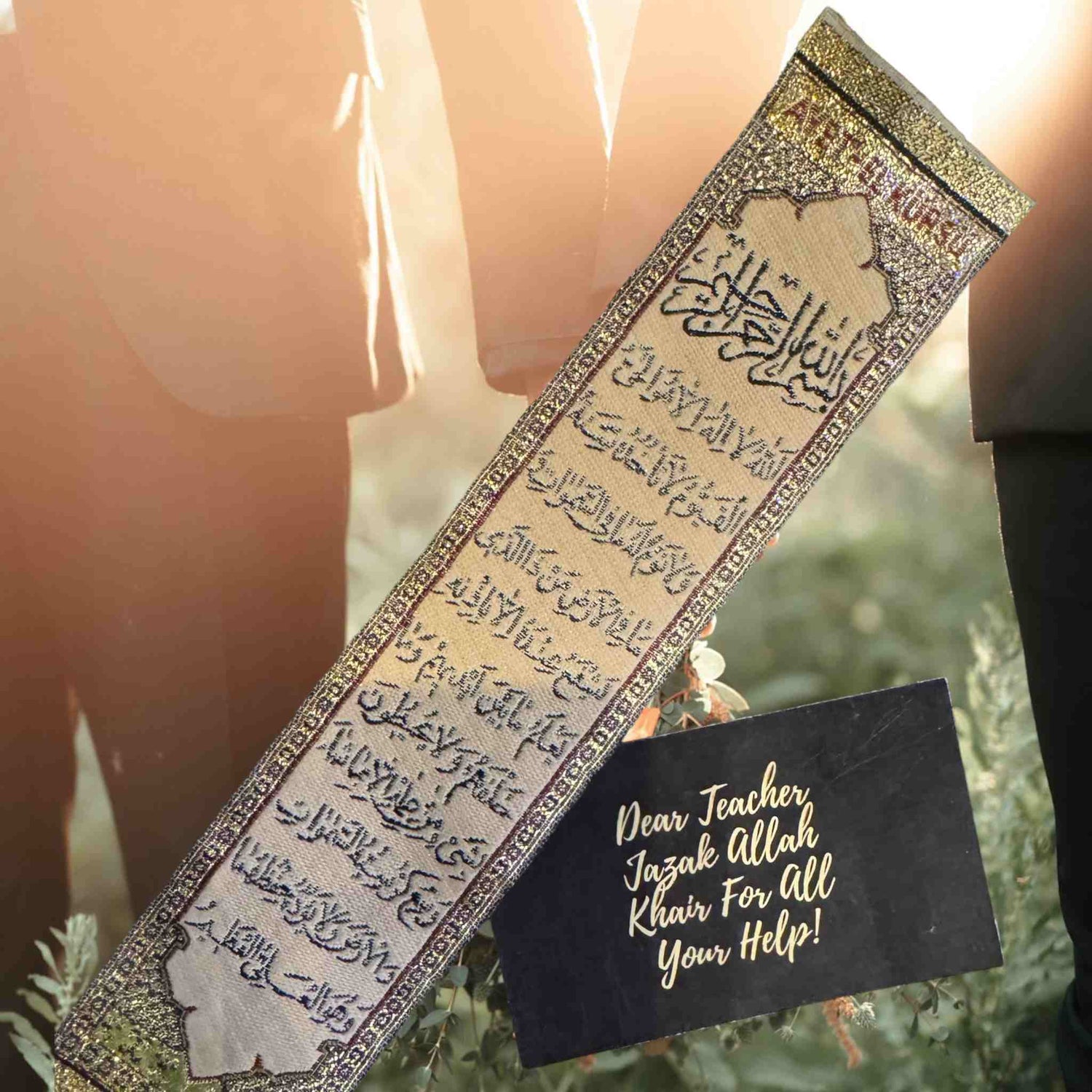In Islam, teachers are held in high regard, as they are the bearers of knowledge and wisdom, guiding others on the path of enlightenment. The role of a teacher is not just a profession but a sacred duty, one that is deeply respected and honored within the Islamic tradition. The Quran and Hadith emphasize the immense value of knowledge, and those who impart it are considered among the most respected in society. Let's explore how Islam appreciates and honors the role of teachers.
Key Takeaways:
- Teachers as Prophetic Heirs: In Islam, teachers are considered the heirs of the prophets, continuing the mission of spreading knowledge and moral guidance.
- Continuous Reward: The concept of Sadaqah Jariyah highlights that teachers receive continuous rewards for imparting beneficial knowledge, even after their passing.
- Transformative Role: Teachers play a crucial role in shaping individuals and society, with their teachings serving as a source of light in both this life and the Hereafter.
1. Teachers as Heirs of the Prophets
Teachers in Islam are often referred to as the heirs of the prophets. This is because, like the prophets, they guide others toward truth and understanding. The Prophet Muhammad (PBUH) said, “The scholars are the inheritors of the Prophets” (Abu Dawood, Tirmidhi). This statement highlights the elevated status of teachers, as they continue the prophetic mission of spreading knowledge and moral guidance.
2. The Importance of Respect and Gratitude
Islam places a strong emphasis on showing respect and gratitude to teachers. They are the individuals who shape our understanding, help us grow intellectually, and guide our spiritual development. The Prophet Muhammad (PBUH) reminded his followers of the importance of honoring those who teach us, stating, “He who does not show respect to our elders, or does not show mercy to our young ones, or does not give due right to our scholar, is not one of us” (Ahmad). This hadith underscores the importance of recognizing and appreciating the efforts of our teachers.
3. Seeking Knowledge as a Form of Worship
In Islam, the pursuit of knowledge is seen as an act of worship. This elevates the role of teachers, as they facilitate this form of worship by sharing their knowledge and wisdom. The Quran highlights the significance of those who possess knowledge: "Allah will raise those who have believed among you and those who were given knowledge, by degrees" (Quran 58:11). Teachers are therefore instrumental in helping others achieve this elevated status.
4. Teachers as a Source of Continuous Reward
One of the most beautiful aspects of being a teacher in Islam is the concept of Sadaqah Jariyah, or continuous charity. When teachers impart knowledge that benefits others, they continue to receive rewards even after their passing. The Prophet Muhammad (PBUH) said, "When a person dies, his deeds come to an end except for three: Sadaqah Jariyah (continuous charity); knowledge from which others benefit; or a righteous child who prays for him" (Muslim). This hadith highlights the everlasting impact that teachers can have on their students and the world.
5. The Transformative Power of Teachers
Teachers in Islam are seen as agents of change, capable of transforming lives through their guidance and wisdom. They play a crucial role in shaping individuals who can positively contribute to society. The Prophet Muhammad (PBUH) emphasized the significance of teaching, saying, “Whoever teaches someone even one verse of the Quran, it will be a source of light for him on the Day of Judgment” (Tirmidhi). This highlights the profound impact that teachers can have on their students, both in this life and the Hereafter.
6. Encouragement to Seek and Share Knowledge
Islam not only encourages the seeking of knowledge but also its dissemination. Teaching is considered one of the noblest professions because it involves sharing knowledge that can uplift and guide others. The Prophet Muhammad (PBUH) said, “The best of you are those who learn the Quran and teach it” (Bukhari). This hadith underscores the importance of both learning and teaching, making the role of a teacher essential in the preservation and propagation of Islamic knowledge.
In Islam, teachers are more than just educators; they are revered as guardians of knowledge and moral guides. Their role is fundamental in helping individuals and communities grow in faith, understanding, and righteousness. The appreciation of teachers in Islam is deeply rooted in the recognition of their crucial role in society, and the rewards they receive for their work extend beyond this life into the Hereafter. As we reflect on the contributions of our teachers, let us remember to honor them, respect them, and support them in their noble mission of spreading knowledge and wisdom.
Frequently Asked Questions:
Q: Why are teachers referred to as the "heirs of the prophets" in Islam?
A: Teachers are referred to as the "heirs of the prophets" because, like the prophets, they guide others towards truth and understanding. They carry forward the mission of spreading knowledge, wisdom, and moral values, which is central to Islamic teachings.
Q: What is Sadaqah Jariyah, and how does it relate to teachers?
A: Sadaqah Jariyah is a form of continuous charity in Islam, where a person continues to receive rewards even after their death for deeds that benefit others. For teachers, the knowledge they impart that continues to benefit others is considered Sadaqah Jariyah, earning them ongoing rewards in the Hereafter.
Q: How does Islam view the pursuit of knowledge?
A: Islam views the pursuit of knowledge as an act of worship. Teachers facilitate this process by sharing their knowledge, making their role highly respected and honored. The Quran and Hadith emphasize the importance of seeking knowledge and the elevated status of those who possess and impart it.
Q: What are the rewards for teachers in Islam?
A: Teachers in Islam are rewarded both in this life and the Hereafter. Their knowledge, when shared and applied, continues to benefit others, earning them continuous rewards. The Prophet Muhammad (PBUH) mentioned that teaching beneficial knowledge is one of the deeds that continue to earn rewards even after death.
Q: How does Islam encourage the dissemination of knowledge?
A: Islam encourages not only the seeking of knowledge but also its dissemination. The Prophet Muhammad (PBUH) highlighted the importance of teaching others, especially the Quran, as one of the best deeds a person can do. This underscores the noble status of teachers who share knowledge to uplift and guide others.



















